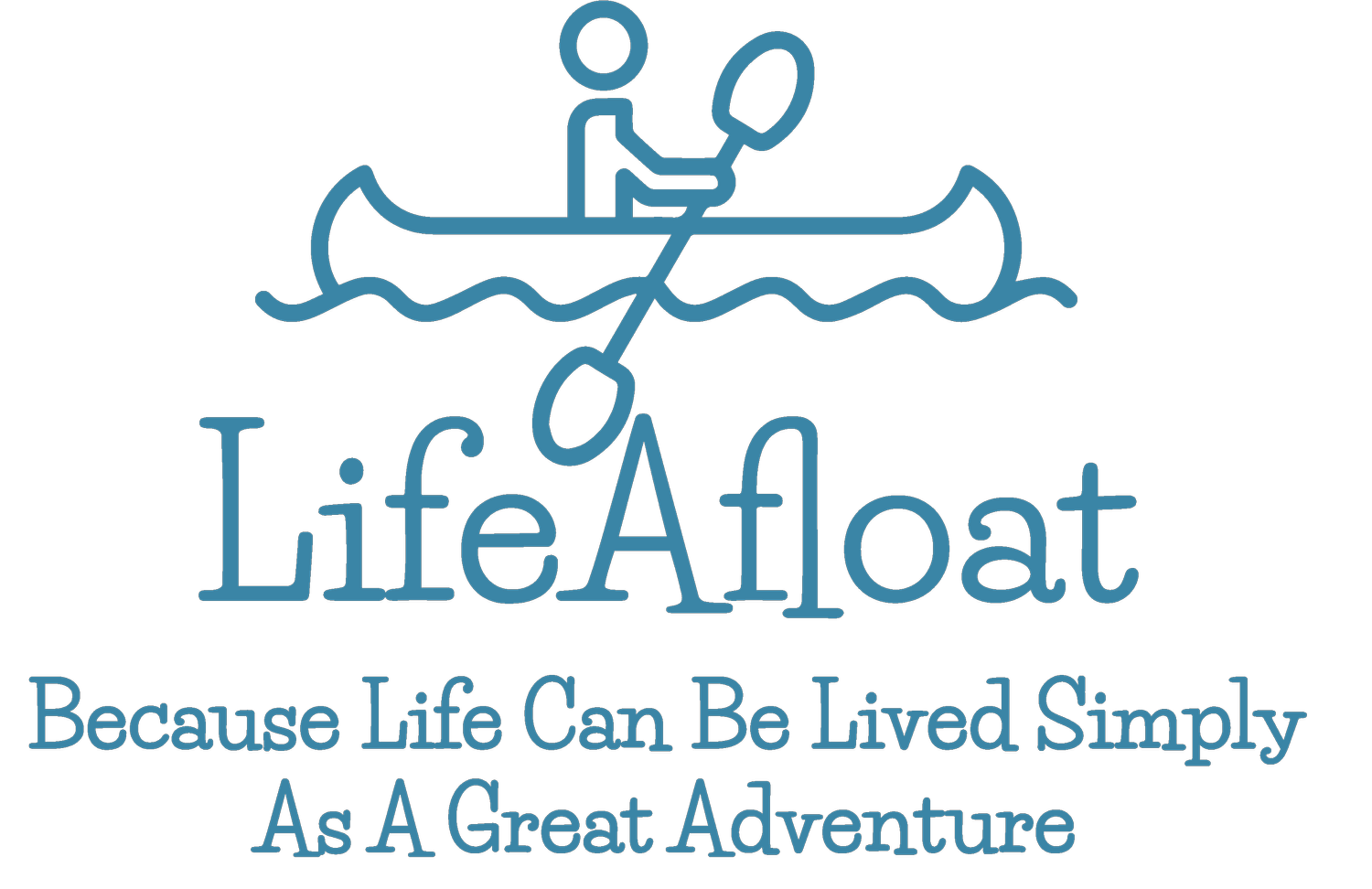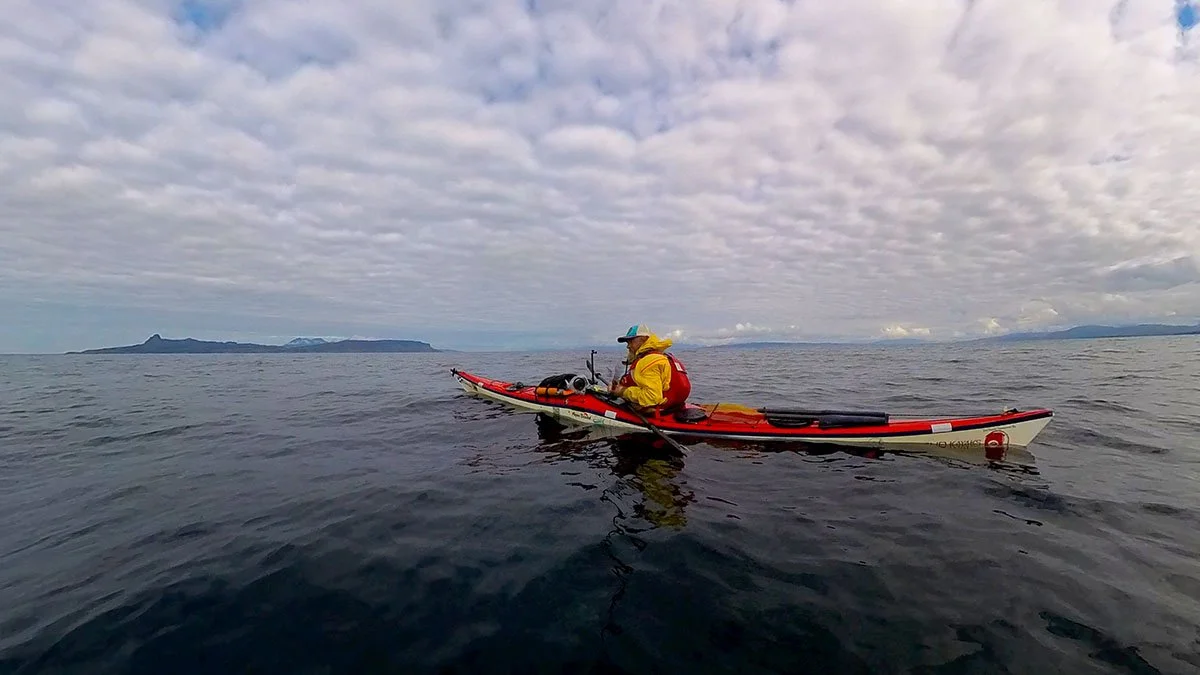Compassion
/On the morning of the 14th February, I had a meeting in the Oban Lifeboat Station with two senior representatives of the R.N.L.I.. This was a generous response on their part to a complaint I had raised regarding a film the organisation were supposed to be producing about me, living with severe depression and suicidal ideation, how connection to the wild through walking and kayaking helps me live with this, and finally, how being an R.N.L.I. volunteer was helpful for me too.
It’s not right for me to detail the nature of my concerns and subsequently, the substance of the meeting too. Needless to say, I was deeply grateful my issue was responded to with good grace, concern for my well being, and a desire to set matters straight. This was not a conflictual meeting at all. Without dancing on eggshells, we addressed the main issue concerned. Heartfelt apologies were given and accepted. This was really important for me. Then the conversation moved to the future and how the footage and content of the film would best serve the R.N.L.I. This led into a fruitful and in depth discussion about opening a wider public dialogue about mental health matters, more specifically suicide.
I did not realise this fact, but the second highest reasons for lifeboat launches around the country are for the desperate souls who have completed their suicide or survived an attempt to do so. I noted my shock, when realising I am one of those statistics. The three of us agreed the issue of suicide is more than often too delicately discussed, with me going onto insist, it should become an important part of our societal lexicon rather than being hushed up. There is wide ranging national debate about how this can be achieved, where the information and messages about suicide do not lead to vulnerably ill people becoming motivated to attempt to complete their suicide. This was the main issue of the film about me. I had been frank and honest during production and this was deemed to be too descriptive by two mental health agencies who were approached for advice about the film. While I understand the need for caution, especially the huge outreach the R.N.L.I. have, I did feel it was a lost opportunity to share my story in a manner which does not glorify mental distress and suicide in anyway whatsoever.
There was little more to discuss about this issue. I am hugely relieved to now know what the intentions for the film are and I look forward to my future involvement with this.
The unintentional theme of the meeting for me was - compassion. This first came up when I described my experience of when I was taken aboard the Oban Lifeboat from the CalMac rescue craft which had found me in the sea. With a broken voice of emotion, I described when lying on the stretcher in the pungent warmth of the lifeboat Thomas, a crew member knelt by my head keeping me awake with warm words of encouragement, often referring to my kayaking and connections this had brought for me and the R.N.L.I.. As an aside here, when I walked into the Oban Lifeboat station for the meeting, I was greeted by Thomas. For the first time since my rescue last May, I was able to grip him by the hand and emotionally thank him for all he did. Not only did he look after me on the lifeboat, he also visited the hospital casualty to find out how I was and to speak with my wife. I’m eternally grateful to him and all others who saved my life that day.
Through our discussions about the future of the film, we realised the heart of the matter is the selflessness of the lifeboat crews. We surmised because of this selflessness, it may be easy to miss mental health worries crew members may be dealing with. After all, the culture of a life boat crew is one of robustness, an essential attribute given the primary purpose of their existence. We discussed many scenarios where my messages through my personal telling, of hope, suicide awareness and living with deep depression could be shared for the benefit of all in the R.N.L.I.. We did not come to any conclusions, and I was happily satisfied to know this is a subject which increasingly gaining ground within the organisation.
I experienced yet again, the selfless compassion of the R.N.L.I. personnel from the two managers at our meeting. Their kindness and warmth were authentically generous.
Here I quote from a passage in the book I’m writing about my kayak journey around Scotland where I visited each of the Scottish R.N.L.I. lifeboat stations. This piece comes from the chapter about Longhope in the Orkney Islands:
“Even though they were strangers to me, I connected with each of their names on the plaque, because I understood the motivation which impelled them, despite knowing the danger this entailed, to heed the call for help and head out into that fearsome storm on the night of 17th March. I was certain that their motivation was not for fame or glory. I was certain too, it was a motivation which runs far deeper and because of this, can be difficult to quantify. There are sometimes insufficient words to describe the compassion people hold for strangers, which compels them to risk everything of themselves, to at least have a chance at saving a another’s life. Maybe it can be best explained like this and here I paraphrase from Kurt Hahn, the founder of the Outward Bound movement; “The experience of helping a fellow human in danger, or even of training in a realistic manner to be ready to give this help, tends to change the balance of power in a person’s inner life with the result that compassion can become a primary motive.””
In recent months I had lost sight of the R.N.L.I.’s compassion in the fog of my sense of indignation and self righteousness believing I had been wronged by the charity. From the moment I tabled my complaint to the meeting yesterday, it was the compassionate sense for my well being which set the order for the day. It’s a relief for me believe this once more, compassion is the core our nation’s treasure, the R.N.L.I.

